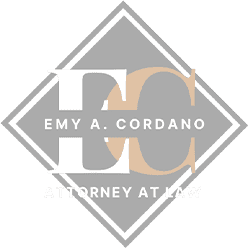It is a story that frequently unfolds in the lives of Utah parents. Mother and father are married, have children, the couple separates, and finally divorce. Parenting by each is provided by the decree, and then the parent with primary residential custody decides to relocate. The other parent sees his or her relationship with the children and parenting rights at risk. The recent decision of Taylor v. Elisonby the Utah Court of Appeals is instructive on the road map for courts to decide whether to allow the relocation.
In Taylor, the divorce decree was entered into by agreement by both the mother and father, with primary custody to the mother, and both mother and father sharing legal custody. The decree, however, included a relocation provision that provided for an automatic transfer of physical custody of the children to the father should the mother move anywhere outside of Utah, except for Las Vegas. Four years later, the mother relocated to Arizona and the mother petitioned the court to modify the decree; the father responded by requesting the court to enforce the relocation provision of the original decree.
RULES ON CHANGE IN CUSTODY SHOULD NOT BE SO RIGID AS TO BE AT ODDS WITH THE BEST INTEREST OF THE CHILD
The Court of Appeals recognized that, generally, under Utah law, before even deciding the question of modifying a decree, the trial court must first determine whether there has been a substantial and material change in the circumstances upon which the custody was first awarded. Only if there has been such a material change does the court proceed to determine whether the modification is in the best interest of the child. The trial court, in this case applied such a test, and since the original decree entered by agreement of the parties anticipated a potential relocation, the court found that there was no material change in circumstances and the court proceeded to transfer physical custody of the children to the father.
The Court of Appeals reversed the trial court’s decision. While the requirement that a trial court finds a change in circumstances before a custody order is modified serves important public policies, the rule must not be so inflexible so as to foreclose an examination of what is in the best interests of the child. The court recognized that not all initial decrees actually determine what is in the best interest of the child, particularly when the decree is stipulated or agreed to by the parties. Such a decree is not based on an objective, impartial determination of the best interests of the child and may, in fact be at odds with the best interests of the child. Thus, the rules on change in custody should not be so fixed that this fundamental principle is not followed.
Every relocation case will have a unique set of facts and having an experienced Utah family law attorney is vital to advocate for either a parent seeking to relocate or a parent opposing that move.

